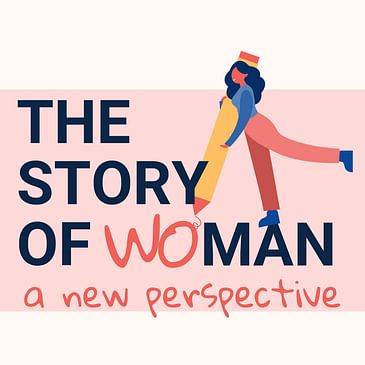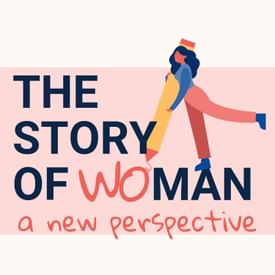This is an episode of The Nurse Keith podcast, featuring host Anna Stoecklein’s interview. In it, Anna delves into the persistent inequities within our healthcare system, shedding light on the challenges faced by patients and nurses alike, and drawing from her personal experiences during her clinical nursing career. Anna also reflects on the profound lessons learned from the powerful women she's interviewed, shares how she selects topics for the podcast, and even envisions what she would do if she was named "queen of the world"!
You aren't going to want to miss this behind-the-scenes look into the podcast, and the woman behind it!
—
Become a Patron for access to bonus content and to support the podcast, or buy me a (metaphorical) coffee
Follow us: Instagram | Twitter | Facebook | Tik Tok | Youtube | LinkedIn
Subscribe to our newsletter for a weekly dose of all things WOMAN
We need more women’s stories in the world! If you’ve enjoyed this episode, please share, subscribe, rate and review on Apple, Spotify or wherever you listen to your podcasts
Explore The Story of Woman book recommendations in the US and the UK - purchases support the podcast AND local bookstores 🤩
www.thestoryofwomanpodcast.com
Learn more about your ad choices. Visit megaphone.fm/adchoices



